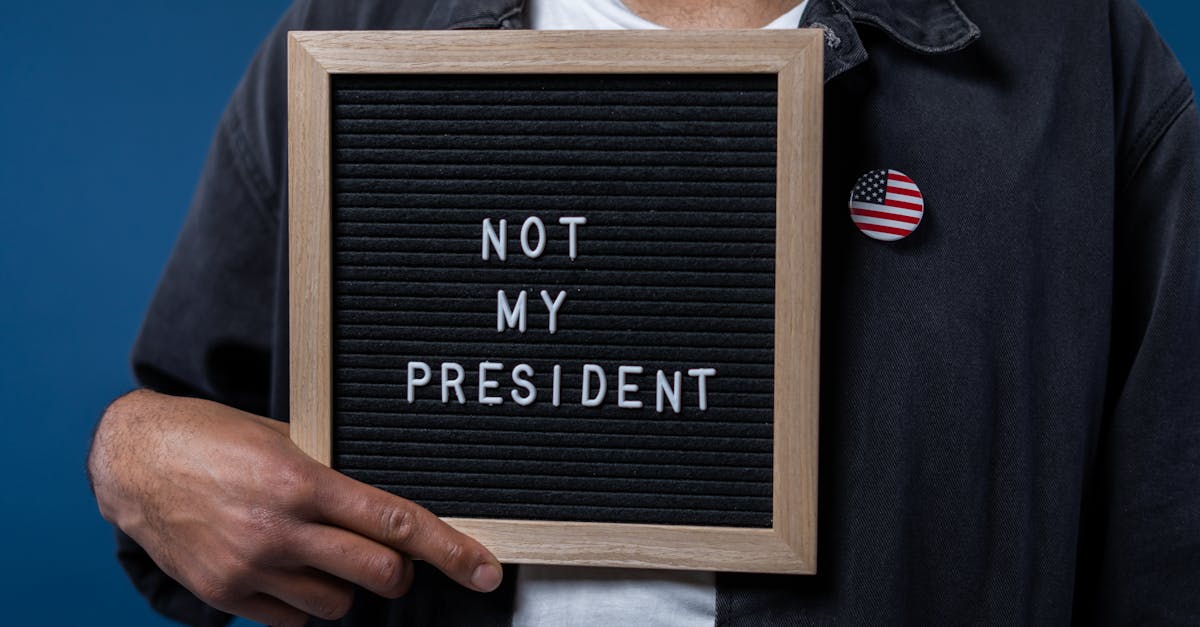Physical Address
304 North Cardinal St.
Dorchester Center, MA 02124
Physical Address
304 North Cardinal St.
Dorchester Center, MA 02124


Washington, November 21, 2025 — In a shocking turn of events, former President Donald Trump has accused the Democratic party of treacherous behavior, branding a recently released military video as ‘seditious behavior, punishable by death.’ This startling statement comes amidst rising political tension and has sent ripples across the nation, reigniting fierce debates about patriotism and free speech. Trump’s claims, announced through his social media platform, have become a lightning rod for controversy, drawing support and criticism in equal measure. Could this statement reshape the political landscape?
The uproar began when a military-focused video, produced by a faction within the Democratic party, went viral. The footage reportedly depicts scenarios that suggest potential military reforms and critiques of current U.S. defense policies. While the video was intended to spark discussions on needed military adjustments, its reception was polarizing. Trump, never one to shy away from bold declarations, interpreted the message as an affront to national security, thus escalating its perceived severity.
The New York Times was one of the first to report Trump’s explosive reaction. The Republican figurehead took to Truth Social, asserting that such displays undermine American troops and equate to acts of treason. The gravity of his accusation and the call for extreme repercussions has dominated news cycles, leaving pundits to deliberate over the broader implications of his remarks.
The incident is emblematic of the deep-seated ideological divides in American politics. Trump’s statement taps into a historical context where dissent has frequently been met with allegations of sedition. By invoking the death penalty, Trump has stoked fears of a return to more draconian measures of suppressing political opposition. This raises fundamental questions about freedom of expression in a democratic society.
Furthermore, this development occurs at a volatile time, with the 2026 elections on the horizon. Probable concerns include how such rhetoric could influence voter sentiment and policy-making. Political analysts warn that such fiery discourse might exacerbate partisanship, influencing not only voter turnout but also party platforms and campaign strategies.
The digital sphere is alight with discourse surrounding Trump’s statement. On Twitter, the hashtag #SeditionDebate has amassed momentum, with both sides of the aisle weighing in. Politicians, celebrities, and citizens alike are using the platform to express their viewpoints.
Reddit communities are hosting exhaustive threads dissecting the constitutional implications of Trump’s statements and potential legal ramifications. In subreddits such as r/PoliticalDiscussion, users are fervently debating the boundaries of free speech and national security.
Political analysts and legal experts are divided on both the ethical and legal dimensions of Trump’s accusations. Constitutional law professor Dr. Emily Grant argues that such rhetoric risks blurring the lines between dissent and sedition, emphasizing the importance of protecting even controversial speech. “The essence of the First Amendment is to safeguard the expression of diverse opinions, especially those that challenge the status quo,” she adds.
Conversely, retired military strategist Colonel Mark Price expresses concern about the potential impact on troop morale and public confidence in the military. “Such allegations could undermine the integrity of our armed forces, causing hesitation in implementing necessary reforms,” Price notes. The contrasting views highlight the complexity of balancing robust debate with national security interests.
From a social perspective, sociologist Dr. Lisa Hernandez suggests that Trump’s remarks could perpetuate a culture of fear and divisiveness. “When political leaders resort to extreme rhetoric, it can exacerbate societal fractures and instigate further polarization,” Hernandez warns.
As the controversy unfolds, political strategists predict heightened scrutiny of media portrayals of defense topics. The Democratic party has maintained its stance, asserting that the video aimed to foster necessary dialogue on military efficiency rather than inciting hostility.
In the coming weeks, we may anticipate intensified debates in Congress concerning military policies and potentially more stringent measures against perceived seditious acts. With the next election cycle approaching, party lines might harden further, influencing both domestic and foreign policy agendas.
Trump’s denunciation of the Democrats’ military video underscores a crucial juncture in American politics, where provocative rhetoric and policy considerations intersect. As this controversy continues to unfold, the broader implications for democracy, security, and freedom of speech remain in the spotlight. What remains to be seen is how ultimately this will shape the political narrative as the nation advances towards the 2026 elections.